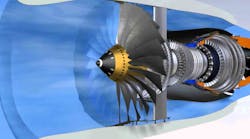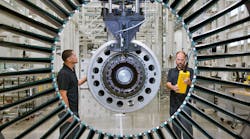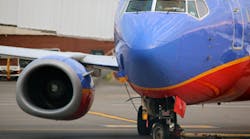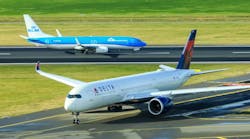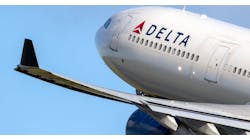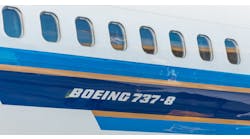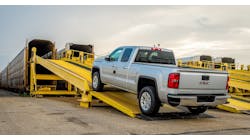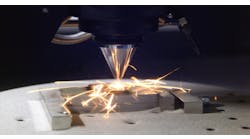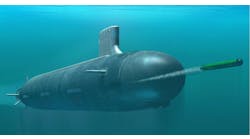About 40 technicians from GE Aviation and Safran Aircraft Engines have been deployed by CFM International to support Southwest Airlines’ accelerated inspection program concerning the inflight failure of a CFM56-7B engine on a Boeing 737-700 flight, April 17. The incident caused damage to the aircraft, forced an emergency landing, and led to the death of one passenger and minor injuries to seven others.
The CMF56 engine is a series of high-bypass turbofan engines supplied by CFM International and built by its two joint-venture partners, GE and Safran. It is a predecessor design to the current LEAP engine series.
Boeing Co. also has sent a technical team to assist in the investigation, “at the request and under the direction of the U.S. National Transportation Safety Board,” according to its statement.
According to summary reports, the left side engine of the Boeing 737-700 blew out a few minutes after taking off from LaGuardia Airport in New York, heading for Dallas. Shrapnel from the exploded engine hit one a passenger window, shattering it and instantly depressurizing the cabin. A passenger seated by the window was “partially sucked out”, according to eyewitnesses, due to the pressure imbalance.
CFM International is prevented by law from commenting on the accident or its details.
However, NTSB sources have indicated the engine showed signs of metal fatigue at the point where a turbine blade broke loose, a development that is similar to an incident on a CFM56 aboard a Southwest Airlines flight in 2016.
There also is a history of fuel-line problems on CFM56 engines, resulting in thrust failures.
The CFM56 is one of the most common jet engines installed on Southwest jets, and in commercial aviation in general: more than 6,700 aircraft worldwide are outfitted with the engines, according to records.
